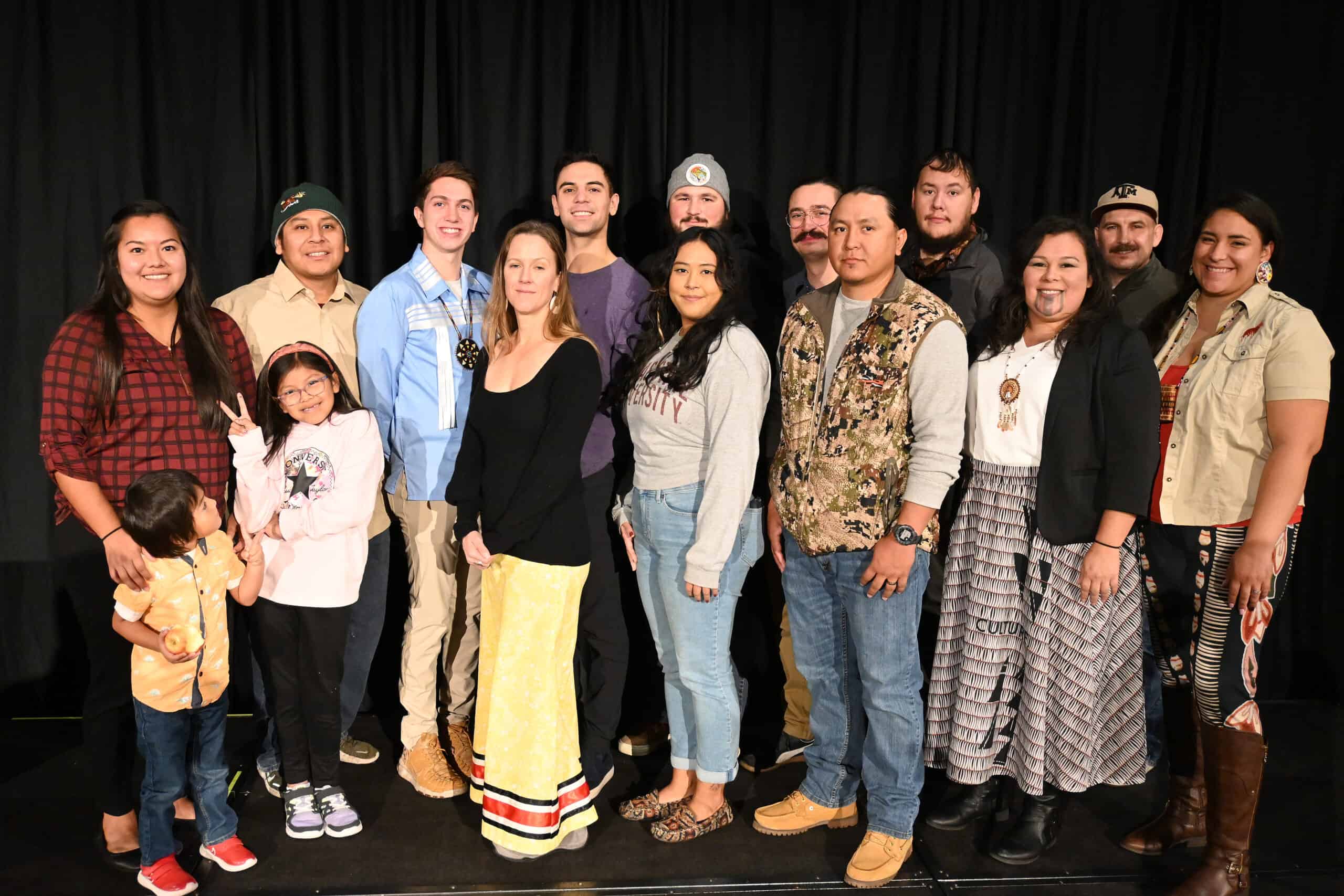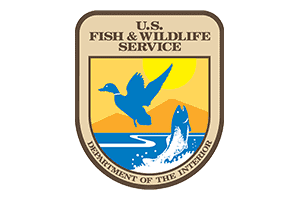
Are you an Indigenous student enrolled in a wildlife program?
Check out our Native Student Professional Development Program!
The application deadline for the 2023 Native Student Professional Development Program has passed, but it will be back again next year. This year’s participants will travel to TWS’ Annual Conference in Louisville, KY to engage in one of the largest gatherings of wildlife professionals in North America. Check out the information for this year’s class below and consider applying in 2024 when TWS’ Conference will be in Baltimore, MD.
Up to 12 individuals will be selected to attend this year’s conference as part of the program, which includes:
- Complimentary registration
- Travel grants
- Mentorship at the conference
- One-year memberships in TWS & the Native Peoples’ Wildlife Management Working Group
- Exclusive educational sessions for program participants
- Access to all conference networking events and more…
Eligibility
Applicants must meet the following eligibility standards:
- Member of a Native American, First Nations, or Indigenous Tribe, or identify as Native Alaskan or Native Hawaiian/Pacific Islander
- Currently enrolled in an undergraduate or graduate program in a relevant academic discipline such as wildlife biology or ecology
- Display a record of academic excellence and a strong interest in pursuing a career in wildlife management or conservation
Students within six months of graduation are eligible. Qualified applicants will be evaluated by a panel consisting of the Chair of the NPWMWG, two other NPWMWG members, a TWS staff member, and representatives from other program partners.
Application
Applications must include:
- Name, address, email, phone number, tribal affiliation, name of college or university
- Current level of study (undergraduate or graduate) and field of study
- Most recent official transcripts
- Essay (500-750 words) explaining why you would like to participate and how this program might benefit your career development. You may also address how your personal and cultural experiences and skills contribute to the wildlife profession. Mention relevant extracurricular activities, societies, honors, or awards
Please email all application materials to Remington Bracher.
Deadline
The deadline for applications has passed. Please check back next year for information on our 2024 program at The Wildlife Society’s Annual Conference in Baltimore, MD.
Program Reports
Native Student Professional Development Program – Final Report 2019
Native Student Professional Development Program – Final Report 2018
Native Student Professional Development Program – Final Report 2017
Native Student Professional Development Program – Final Report 2016
Native Student Professional Development Program – Final Report 2015
Native Student Professional Development Program – Final Report 2014

List of supporters
Supporters of the 2023 Native Student Professional Development Program include the US Fish and Wildlife Service, U.S. Forest Service, and The Wildlife Society. In the past, this program has also received support from USDA APHIS National Wildlife Research Center, Sundance Consulting, TWS’ The 1,000, and the Western and Canadian Sections of TWS. Please contact tws@wildlife.org to discuss how you can support this program now and into the future.


